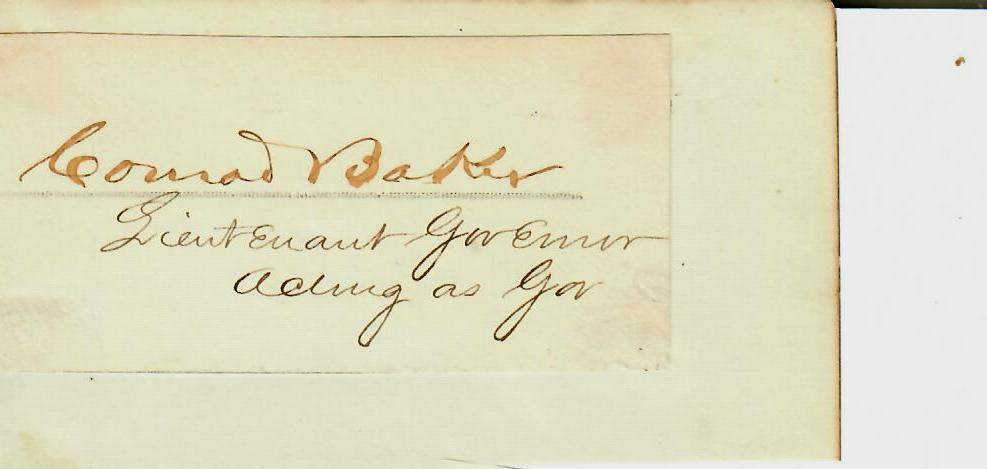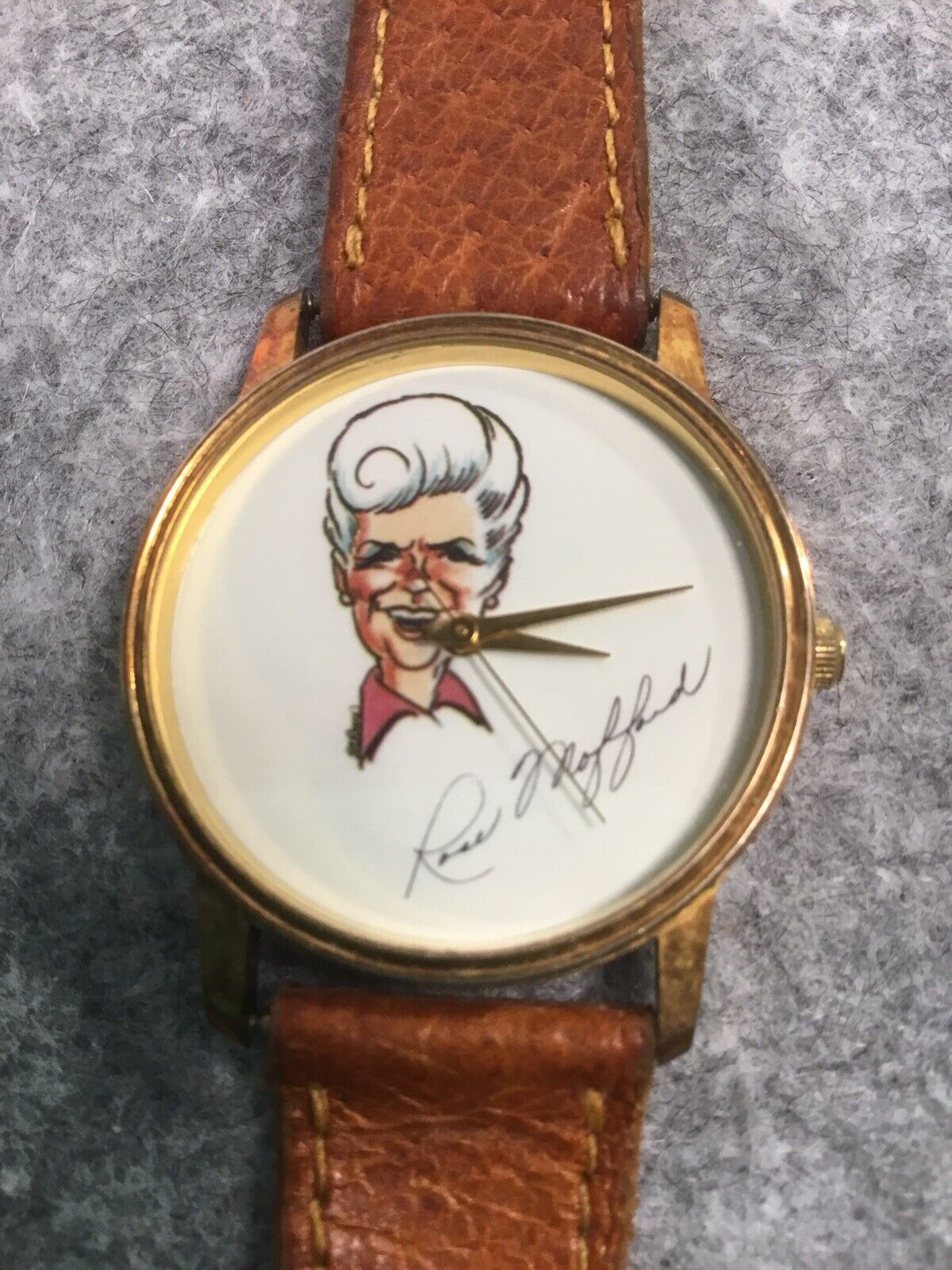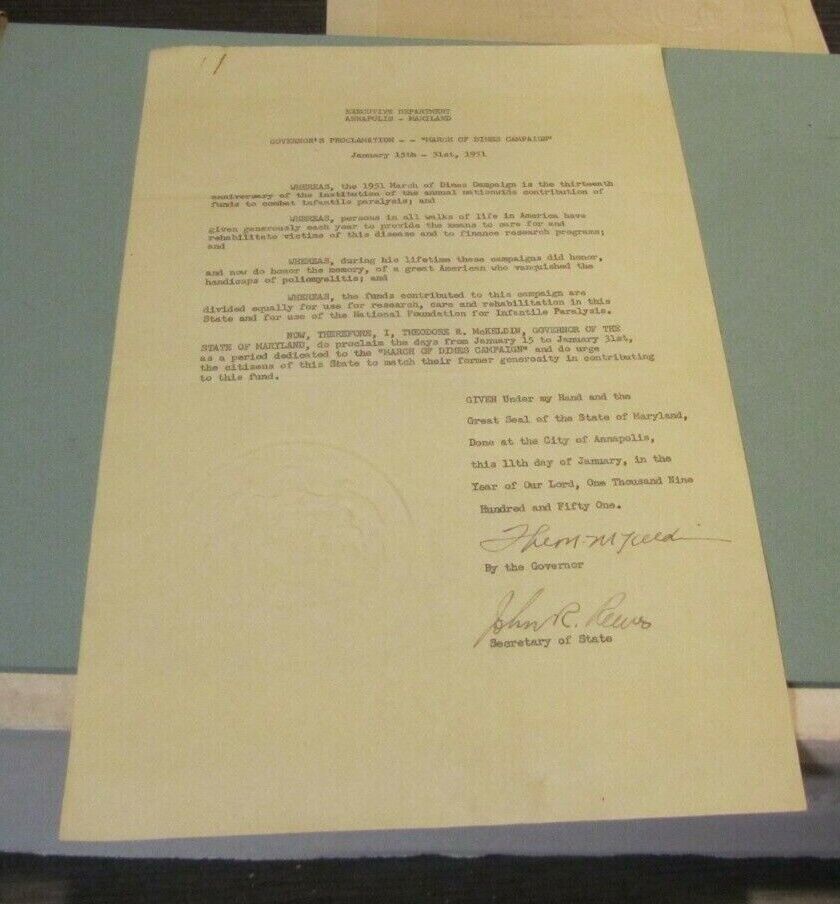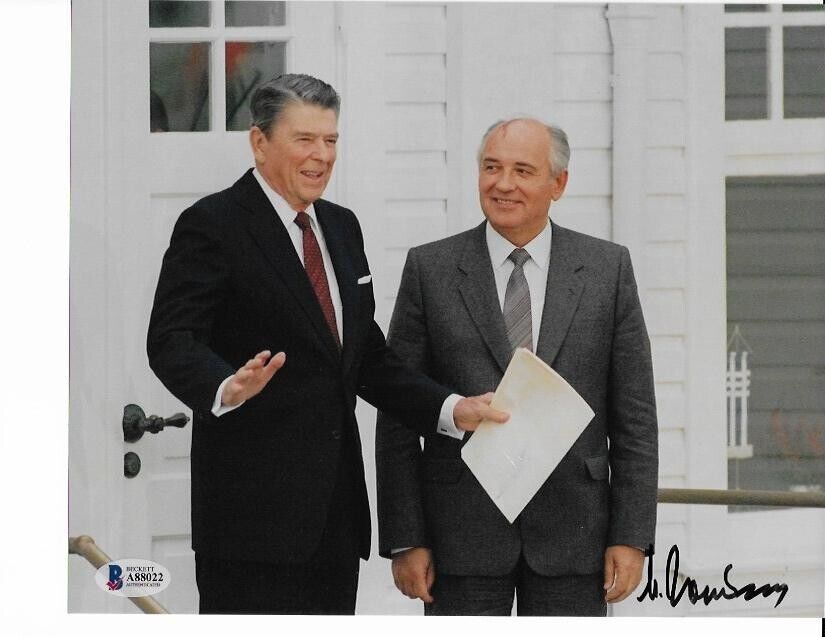-40%
RARE! "15th Indiana Governor" Conrad Baker Clipped Signature Todd Mueller COA
$ 184.79
- Description
- Size Guide
Description
Up for auction a RARE!"15th Indiana Governor" Conrad Baker Clipped Signature.
This item is certified authentic by Todd Mueller Autographs and comes with their Certificate of Authenticity.
ES-4839
Conrad Baker (February 12, 1817 – April 28, 1885) was a state representative,
15th Lieutenant Governor
, and the
15th
Governor
of the
U.S.
state of
Indiana
from 1867 to 1873. Baker had served in the
Union Army
during the
American Civil War
, rising to the rank of colonel but resigned following his election as lieutenant governor, during which time he played an important role in overseeing the formation and training of states levies. He served as acting-governor for five months during the illness of Governor
Oliver Morton
, and was elevated to Governor following Morton's resignation from office. During Baker's full term as governor, he focused primitively on the creation and improvement of institutions to help veterans and their families that had been disaffected by the war. He also championed the post-war federal constitutional amendments, and was able to successfully advocate their acceptance. Conrad Baker was born in
Franklin County, Pennsylvania
, on February 12, 1817, the son of Conrad Baker, a
Presbyterian
minister, and Mary Winternheimer Baker. He worked on the family farm until age fifteen and attended common school. He then enrolled in
Pennsylvania College
in
Gettysburg
where he studied law, but quit before graduating. He continued to study law in the office of
Thaddeus Stevens
. He met Matilda Escon Sommers and the couple married in 1838. They had two children. Baker was admitted to the bar in 1839 and opened his own office in Gettysburg.
Bakers closed his practice in 1841, and moved his family west to settle in
Evansville, Indiana
. He opened a new law office there, and took an interest in the city's civics. In 1845 he ran as the Whig candidate for representative of Vanderburgh County in the
Indiana House of Representatives
. He served one one-year term before returning to his practice. He was elected to serve on a county court in 1852 but resigned in 1854. His brother, William Baker, had also become active in the local politics, and served four terms as major of Evansville during the same time period.
Baker was outspokenly anti-slavery, and following the break-up of the Whig party, he joined the newly formed Republican Party in 1854. At the state convention in 1856, he was nominated to run as lieutenant governor on the ticket with
Oliver Morton
a governor. The election was one of the most divisive in state history, with both sides making scathing attacks on the other. Despite the party's merger with several other third parties, the Republicans lost the election and Baker returned to his law practice in Evansville.
Baker's wife, Matilda died in 1855, and Baker remarried in 1858 to Charlotte Frances Chute. The couple had two daughters and one son. He was in Evansville when the
American Civil War
began, and was part of a large crowd that gathered to discuss the event. He took the podium and delivered a speech calling on the crowd to take an oath of allegiance to the Union, which was administered by his brother, the Mayor. He then called on all the able-bodied men to follow him to war. Baker and his brother began actively recruiting a full regiment of men to serve in the war, and he was promoted to serve as Colonel of the
1st Regiment Indiana Cavalry
.
Baker led his regiment in defensive and garrison duty across the western theater of the war, and remained in regular communication with Governor
Oliver Morton
, who has become governor a few months earlier. Baker was most involved in coordinating supplies, and became a valuable organizer. Morton soon promoted him to serve as provost marshal of the state, and ordered him to return to
Indianapolis
to oversee operations. There he oversaw the formation of dozens of state regiments, tens of thousand of men, the shipment of tons of supplies, the distributions of weapons, and the management of the state arsenal.
Baker left the army in 1864 to run again as Lieutenant Governor on the ticket with
Oliver Morton
and was elected with a 20,000-vote majority. Morton took a period of poor health in 1865 after suffering a paralytic stroke. He continued his duties briefly, but decided to attempt to seek a cure to the paralysis. He left the state and left Baker to serve as acting governor for five months until his health recovered. When Morton was elected to the Senate in 1866, Baker succeeded him as governor. While completing Morton's term, he began to advocate school reform. His primary goal was to improve the quality of teachers, which he sought to do by creating incentives to encourage teachers to consider their job as a permanent career. At that time, teaching was considered a temporary position by most teachers, until they could find a superior job elsewhere. The General Assembly accepted his plan and passed legislation to enact it.










